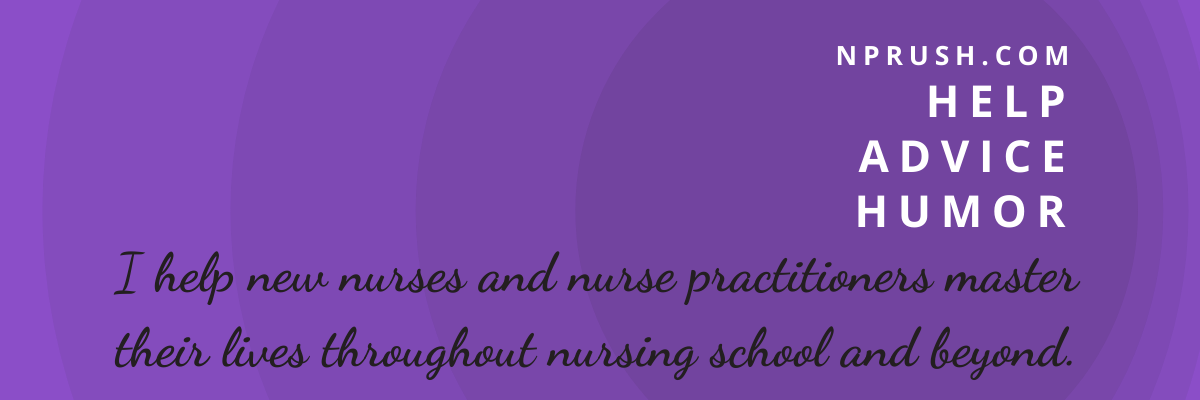There’s science behind keeping our minds healthy as we age. And although researchers haven’t discovered a silver bullet, they have found a clear link between aerobic exercise and brain health. But harnessing the full benefits of exercise that will enhance our minds isn’t just about getting more of it; the greatest benefits may involve exercising the body and the mind at the same time.
Cognitive Stimulating Exercise
There have been hundreds of studies linking physical exercise and brain benefits. But more recently researchers have correlational evidence that cognitively stimulating exercise may be even better for our minds than aerobic exercise alone. It’s possible that exercise that makes cognitive demands within a stimulating environment may produce more neurons or enhance neuronal survival.

One example of cognitively stimulating exercise that researchers considered was running on outdoor trails. The challenging aspects of trail running verse treadmill running include the requirement to stay alert, look ahead at the next step, see the dip in the ground and the curve in the trail and respond with split-second decisions based on that input.
Add Complexity Not Intensity
In order to age successfully, the U.S. Department of Health and Human Services recommend at least 75 minutes per week of vigorous intensity exercise or 150 minutes per week of moderate intensity exercise. There’s no doubt exercise alone has enormous benefits for our bodies and our minds, but for an added effect consider upping your workout game to include more complex settings instead of more intensity.
This is new science and many more clinical trials are needed to direct researchers to the exact impact of cognitively engaged exercises. However, the initial results look promising for those interested in boosting the body-mind connection and keeping their minds sharp throughout their lives.


Resources
Physical Activity Guidelines for Americans. U.S. Department of Health & Human Services website. https://bit.ly/39LDGC1. Accessed April 7, 2020.
Raichlen DA, Alexander GE. Adaptive capacity: an evolutionary neuroscience model linking exercise, cognition, and brain health. Trends in Neurosciences. 2017:(40)7:408-421.




